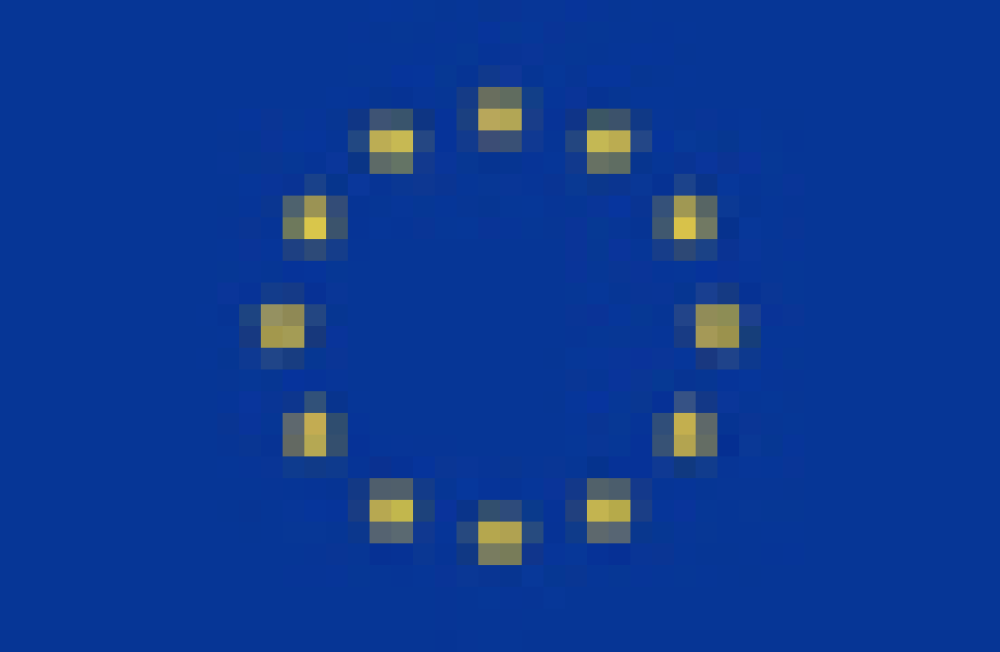In the era
of “stay home” policies and social distancing “face to face” public
participation is not possible leading to an upsurge of interest in online
deliberation and particularly how we can effectively transpose offline citizens’
participation on the Internet.
Numerous
online platforms and ways are available for citizens to express their voice.
Given the pervasiveness of Internet-based services in all aspects of everyday
life it may be that moving procedures online will not be such a difficult endeavor.
However, the disjuncture between online communication and face-to-face communication settings, the different rationale and structure of online domains open up new challenges to deliberation while imposing some risks in this transition. Below we highlight some of them.
Challenge: There is a wealth of online discussion forums with various formats. Any online discussion though is not of course deliberation. What constitutes online deliberation, then?The conceptual ambiguity of deliberation and its effective operationalization impose further challenges in the identification, design and agreement on the basic features of online deliberation.
Risk: Identifying or associating any online discourse with deliberation may undermine deliberative principles and potentially result in a misunderstanding and inadequate “implementation” of deliberation with risky outcomes.
Challenge: The internet is praised for its direct horizontal, easy-access communication codes that enable citizens to interact in a number of different modes (text, speech, videos, pictures), usually referred to as multimodality. This blend of communication means is really a challenge for deliberative discourse.
Risk: Enriching communication modes does not necessary entail effective communication nor deliberation. If deliberative design is absent, different personal and cultural approaches and peculiarities of the “cold” online discourse may endanger discursive procedures and outcomes. When physical interaction is not present misunderstandings are easier to appear.
Challenge: Online deliberation can free
participation from several constraints present in face to face settings. Online
platforms can accommodate high volumes of participation and mass scale
participation. Enabling a large virtual agora, eliminating barriers in
participation, providing voice to
usually “voiceless” segments of the population can really speak for an
empowered democracy.Online participation comes cost –free (to some extent),
time –free (when it operates in an asynchronous mode) and placeless. Citizens
can participate in debates regardless of where they reside.
Risk: Mass participation equates neither to equality nor inclusiveness. While in principle anyone can participate studies show that people already engaged in politics are more likely to participate. “Usual suspects” and vested interests are naturally more mobilized with the potential of dominating or stranding the discussion to preferred dimensions.In addition social inequalities, the so-called “digital divide” and imbalances in digital skills may hinder this potential.
Challenge: A large demos discussing on social issues is an ideal situation all democrats will like to see.Yet, mass participation does not entail deliberation. In fact, some scholars consider mass participation and deliberative quality incompatible. Deliberation in face-to-face settings adheres to specific procedures and rules and usually follows sortition and small-scale discussions. Sortition might also be possible for online deliberation but the usual case is of self-selection and open-mass participation. How do we ensure that deliberative procedures are maintained on the unstructured online worldwhere any procedures are hardly to be observed? How do we ensure that respect, equality, evidence, reciprocity,listening,responsiveness and justification are followed? Certainly, the role of trained moderators is expected to address at some level these procedural issues and facilitate democratic dialogue.
Risk: If a deliberative design is not followed, online deliberation may derail from its principles and backfire. Online deliberation is engineered by technical means thus much relies on the design, affordances and the potential of the platform which hosts the deliberation. In addition, Internet communication culture favors speed, abstraction and less epistemological discourse. Even the perfectly designed platform cannot really ensure that citizens observe the procedures and thus administrators and moderators have a critical role in online deliberation.
Challenge: Scaling up deliberation online means
essentially that deliberation convenes in an online public space and it
actually produces some sort of data; thus, issues of data access, data storage,
data-analytics constitute associated concerns. Online deliberation remains a mediated
communication where technologies of the Internet are imposing several
considerations.
Risk: The recurring debate between freedom of speech and privacy is of specific importance here. Is anonymity a remedy to tackle it or can it be used as a vehicle for uncivil discourse and disruption? Fears for a surveillance society and improper use of data have been addressed successfully by several regulations in force, e.g. GDPR, but concerns and risks have not disappeared.
In general, in online deliberation juxtaposing directions co-exist. Its great potential is mitigated by associated risks and concerns. But this does not mean that we should not try to solve them. Well thought design, appropriate research protocols and moderation can counter the aforementioned risks.Most importantly, online deliberation should be grounded in social values and enable citizens as actors of change leveraging benefits for both citizens and policy makers in reaching out better decisions. Online deliberation is not here to substitute face-to-face deliberation. But if properly engineered it can harness the potential of Internet communication and deliver positive deliberative and policy outcomes.

This blog post is published in the
context of the project “PEREDEP” (“Promoting E-Rulemaking in the EU through
Deliberative Procedures”) which has received funding from the European Union’s
Horizon 2020 research and innovation programme under the Marie Skłodowska-Curie
grant agreement No 798502


